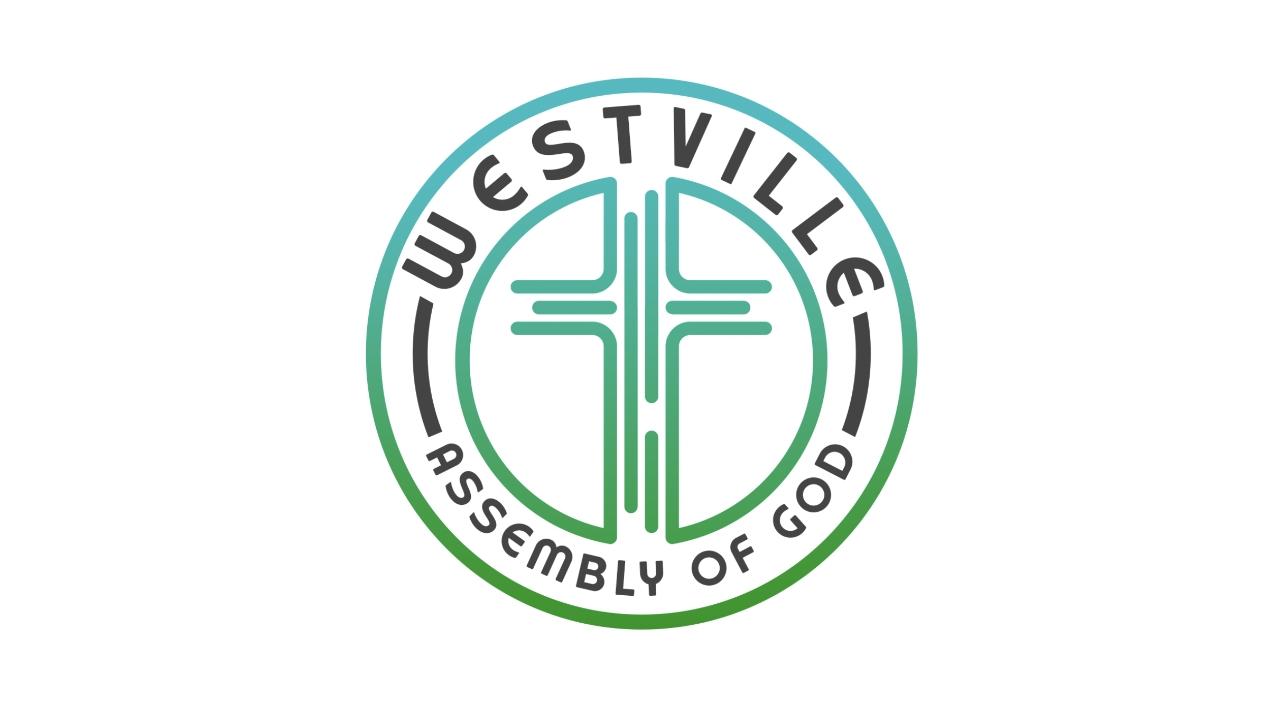Lesson 9, Part 3
James 5:12 KJVS. [12] But above all things, my brethren, swear not, neither by heaven, neither by the earth, neither by any other oath: but let your yea be yea; and your nay, nay; lest ye fall into condemnation.
James 5:12 NLT. [12] But most of all, my brothers and sisters, never take an oath, by heaven or earth or anything else. Just say a simple yes or no, so that you will not sin and be condemned.
James tells his fellow Jewish believers not to swear, or never to take an oath. Let’s clear up one thing before we continue. I do not believe he is speaking about profaning or cursing the name of God. There are plenty of scriptures, such as in Leviticus, Psalms, Proverbs, Isaiah, Romans and elsewhere, that tell us never to do that. That is not the type of swearing James is referring to in this part of his letter.
This type of swearing is referring to making a solemn statement that is intended to reveal an absolute commitment to a covenant or promise. We “give our word” that we will do something. And on the surface, that sounds admirable. After all, we are establishing that we can be trusted to accomplish what we say we will accomplish. We are committing to fulfill our promise.
Sometimes people say things like, “I’ll do so-and-so or bust a gut trying,” or “You can count on me, come hell or high water.” Those can be called more modern oaths. But James is saying don’t do this. Don’t swear you’ll do something. Now why could that be wrong? Why does James tell his Jewish readers to simply say, “Yes” or “No” and not make an oath after that?
Allow me to remind you of a warning he gave to businessmen in Chapter 4, Verses 13-16, just a few statements before he wrote this one. He told the people not to be pretentious in the business plans by saying they would go to a particular town for a year and make a profit. He told them to say, “If the Lord wills, we will do this or that.” In other words, don’t presume to override the will of God in your actions.
If we make a statement or promise and back it up with an oath, then we could unconsciously be saying we control everything we do, and we leave God’s plan out of the picture. Let me give you an example of this concept from the life of Peter. Not long before Jesus was arrested and taken into custody before his crucifixion, Peter had promised to stick by Jesus. Jesus told him that before the rooster crowed the next day, Peter would deny he even knew Jesus.
Of course, Peter reaffirmed his intentions to be faithful, as did the other disciples. However, Peter did deny he knew Jesus when questioned by the folks in the courtyard outside the house where Jesus was being questioned by the high priest. He even included an oath with his denial. Peter was condemned in his heart because of his broken promise when he realized what he had done. He had spoken sincerely to Jesus about his commitment, but something totally different was in store for him that night.
Swearing by heaven or earth or high water or our own efforts puts us in that position of superseding the will of God in connection to the future. That is why James says to answer with a simple yes or no and to not make any solemn promises, any oaths, after that. To do so indicates we are relying on ourselves, not on God’s will in a situation, and that, my friends, is sinning. James would say to you today that the next time you feel like backing up a promise with, “By heaven,” don’t.
You are invited to leave comments, prayer requests, questions, etc. in the space provided below. Please leave your email so we can respond. Emails are not shared with anyone else. You can access the video of this lesson on YouTube under the title of the lesson on my channel (Buddy Pennington).
